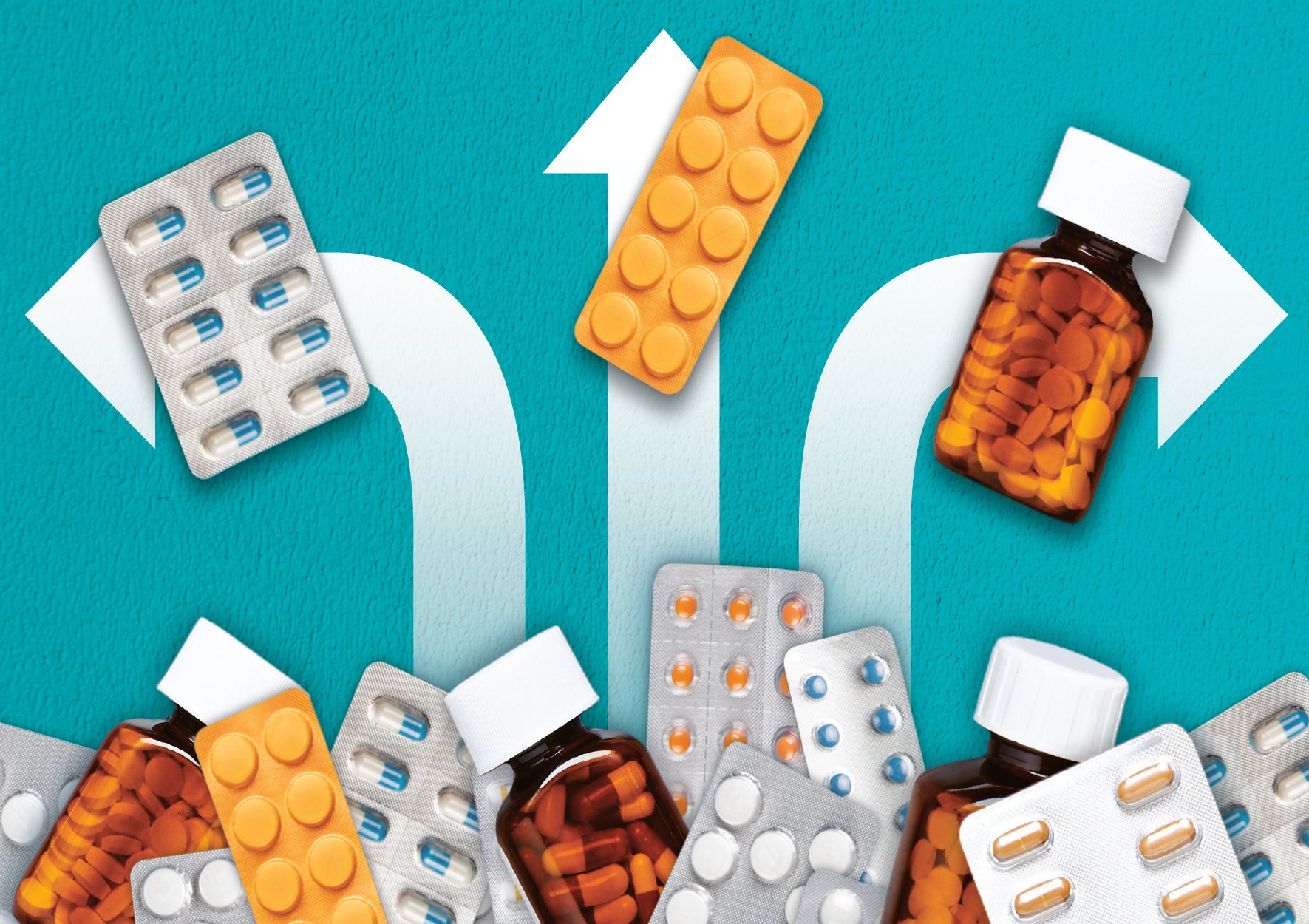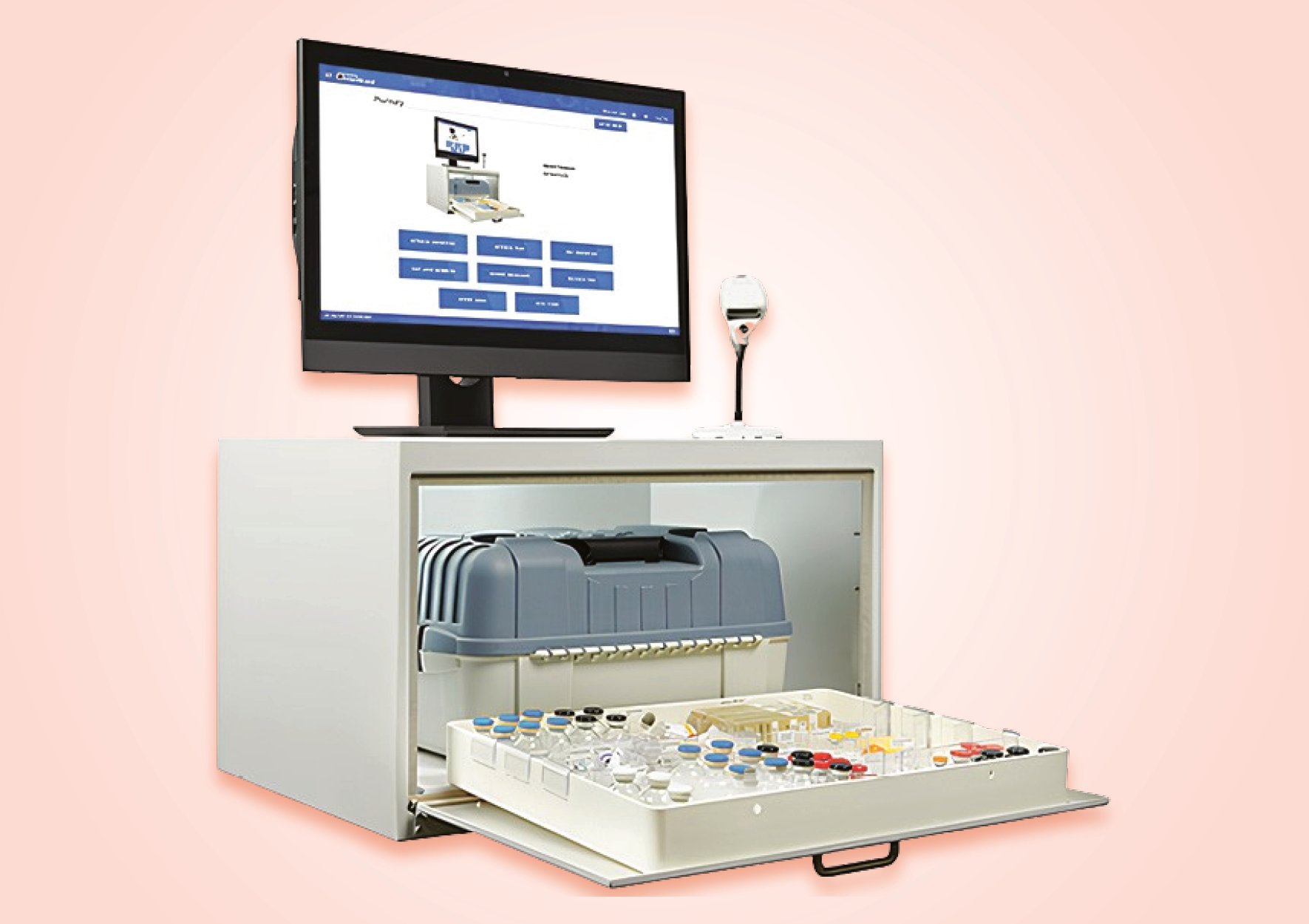- Show Menu
- Contact Us
- FAQs
- Reader Service
- Survey Data
- Survey Winners
- Testimonials
- Upcoming Events
- Webinars
- White Papers
RFID Tagging
The current combination of staffing and drug shortages introduces patient safety risks while pressuring pharmacy leadership to operate at higher levels of efficiency by eliminating non-value-added work. Fortunately, RFID tags provide a solution to these challenges by eliminating manual counting and simplifying recall and diversion management. With the availability of RFID-tagged products increasing, be they manufacturer supplied or applied by outsourced compounders, pharmacy leadership is looking for additional opportunities to utilize this technology. As RFID tags become more commonplace in medication trays and ORs, we expect they will continue to expand to oncology drugs and controlled substances among other products.

Almost one quarter (24%) of all facilities are currently utilizing RFID tagging on at least some of their generic medications.

The benefits of RFID tagging are fueling a strong desire to expand this technology. Among those facilities using RFID tags, 69% plan to expand their usage to a broader range of products.

Among those facilities that are not yet utilizing RFID tags, 31% are interested in adopting this technology for at least some generic products.
Currently, the products that are most likely to benefit from RFID tags are medication trays and OR syringes. In addition, some facilities are focusing on adding RFID tags for controlled substances and oncology products. There is a notable group of users (22%) that aim to add these tags to as many products as possible.
Like what you've read? Please log in or create a free account to enjoy more of what www.pppmag.com has to offer.









